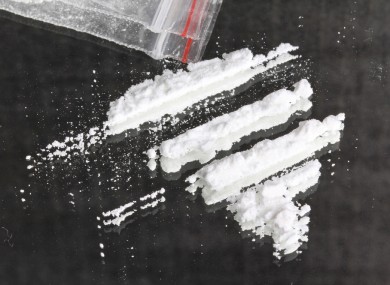
 Image copyrightTHINKSTOCK
Image copyrightTHINKSTOCKPatients in England may face delays getting new drugs or go without them if NHS bosses proceed with plans to try to cut the cost of expensive treatments.
The proposals will mean only those drugs that cost less than £20m a year will be paid for – about a fifth of new treatments cost more than this.
Above that level, NHS bosses will enter talks with drug companies to try to get the price down.
It comes amid mounting pressure on the health service.
This winter has seen longer waiting times at accident and emergency departments and vital cancer operations being cancelled as rising demand and a squeeze on budgets have left hospitals struggling to cope.
The plans were put forward by NHS England and the National Institute for Health and Care Excellence, which is in charge of recommending which drugs the NHS uses, as a way of curbing the growing drugs bill.
Last year £16.8bn was spent on drugs by the NHS, up from £13bn in 2011.
Patient groups and the drug industry have already objected to the plans – a consultation has been run over the past three months.
NICE said it would now consider the feedback it had received before making a decision ahead of the start of the new financial year in April.
Setting out the case for change, NICE chief executive Sir Andrew Dillon said new measures were needed as the rising cost of drugs had an impact on the ability of the NHS to deliver other services.
“The pace and scale of innovation require NICE and NHS England to collaborate closely to ensure patients are benefiting from faster access to the most cost-effective treatments,” he said.
Currently drugs that are assessed as being cost effective by NICE are automatically recommend for use in the NHS.
Once that happens, the health service has 90 days to start offering the drugs.
But crucially that process just assesses the cost versus benefit of the drug on the basis of the impact to an individual.
It does not take into account just how many people may take the drug and therefore the total cost to the NHS.
‘Unacceptable’
Under the new plans, widely used drugs or expensive but effective drugs that breach the £20m threshold will face a secondary process.
NHS England will be able to halt the 90-day deadline and begin talks with the drug manufacturer to try to get the price down. Restrictions on the use of the drug could be introduced if drug firms do not lower the price.
Last year NHS bosses capped the number of patients that could be given a new drug for hepatitis C, to keep the annual cost at £200m and amid increasing concern that a breakthrough in dementia treatment could end up costing the NHS billions.
The new arrangements will be applied only to new drugs.
But information provided by the industry suggested that if they had been in place they would have affected the rollout of drugs such as Ezetimibe, used by 159,000 people with heart disease, and Lucentis, which is used by 1,200 people with diabetes to prevent sight loss.
Dr Richard Torbett, of the Association of the British Pharmaceutical Industry, said he understood the concerns, but added the £20m figure was “heavy-handed” and “will mean more patients face delays in accessing appropriate NHS care”.
The ABPI has argued a threshold of £100m would be much more appropriate.
Phillip Anderson, of Prostate Cancer UK, said the move was “unacceptable”.
[“source-ndtv”]

